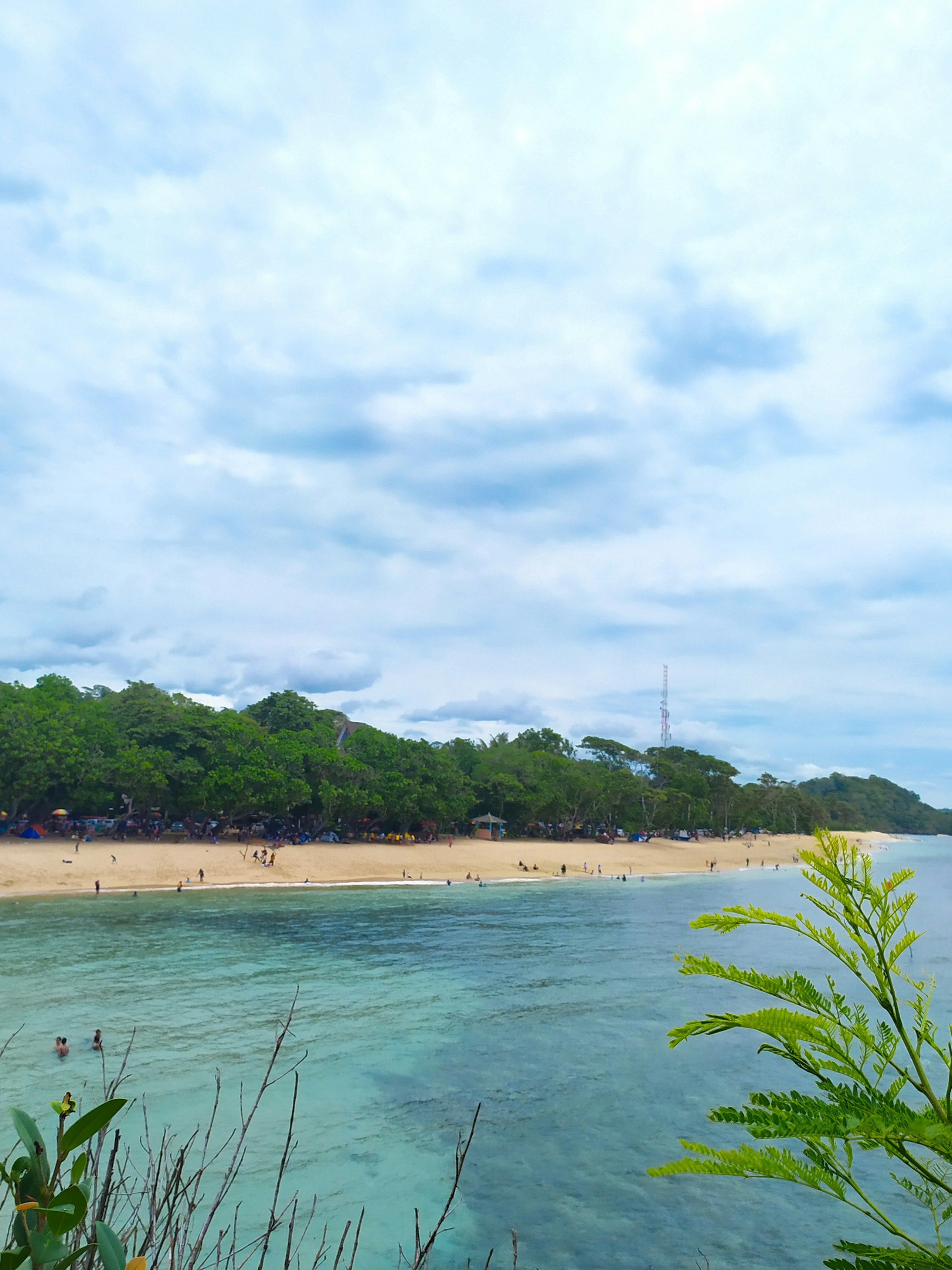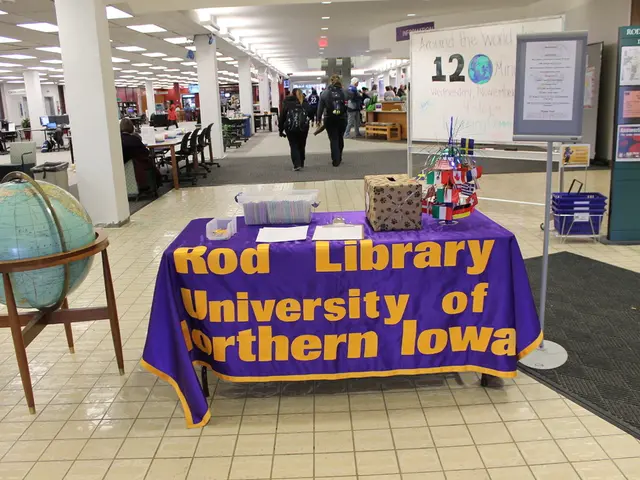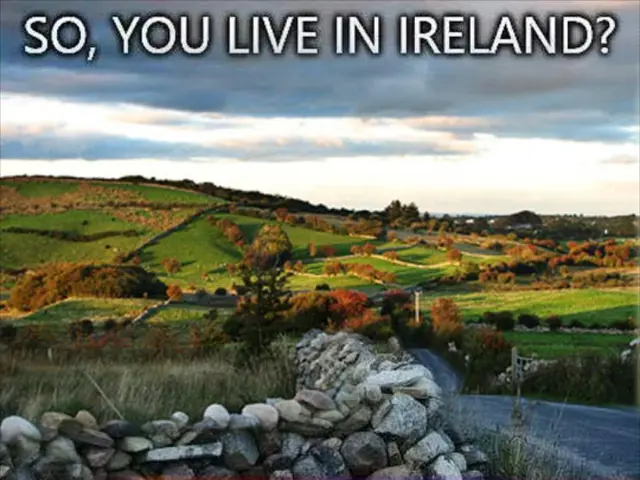Everything else falls under the category of sausages.
In the Heart of Europe: Vienna, Austria's capital city, is often called the world's most livable city. With a significantly better economic status than the rest of the country, Vienna's healthcare system stands tall on the global stage, although it's not entirely immune to criticism regarding long waiting times for surgeries. The city is aggressively investing in digitalization, life sciences, and climate protection, with plans to spend hundreds of millions in the coming years.
But, life in Vienna isn't all rosy. Over the past few years, migration issues have become a significant concern, attracting thousands of asylum seekers to the city. The influx has put a strain on the city's resources, with kindergartens and schools reaching full capacity, and entire classes barely familiar with the German language. The sense of security has worsened for many, particularly in certain districts, giving rise to a heated political climate.
This tension echoes through Vienna as the city heads towards election day.
On one side, we have the frustrated and disillusioned Viennese, upset with the city, its migrant population, and the perceived lack of safety. They are likely to cast their votes for the Freedom Party of Austria (FPÖ) and its leader, Dominik Nepp.
On the other side, are the relatively satisfied Viennese who enjoy living in the city. They will rally behind Mayor Michael Ludwig and the Social Democratic Party (SPÖ).
Other parties like the ÖVP, Greens, and NEOS are playing tactical games. They aim to secure a seat in the city government, should Ludwig's SPÖ need coalition partners following the election. However, with a bit of bad luck, these parties could end up in a power-sharing arrangement that might not be ideal in times of crisis.
Ultimately, the question this election poses is simple: Are you satisfied with Vienna or not? Red or Blue? Everything else, in true Viennese terms, is just "wurst."
Insights:
- The 2025 Vienna election sees the Social Democrats (SPÖ) as the leading political force, but facing a strong challenge from the Freedom Party of Austria (FPÖ) on issues related to migration and safety.
- The FPÖ, with its far-right platform emphasizing stricter immigration controls and skepticism towards migrants, has tripled its vote share compared to the previous election.
- The SPÖ, on the other hand, focuses on social cohesion and managing city life inclusively, but faces pressure to address migration-related concerns amid rising right-wing sentiment.
- Coalition talks after the election will be crucial as the SPÖ looks to form a stable governing majority by allying with centrist and left-leaning parties like the Greens, ÖVP, and NEOS. However, this could lead to a three-way power-sharing arrangement, which might not be ideal during times of crisis.
- The election is not just a local event, but a nationally significant one, with Vienna influencing politics in Austria as a whole.
Sources: [1], [3], [4], [5]
- Economic and social policy in Vienna has become a hot topic in the lead-up to the 2025 election, as the lead contenders, the Social Democrats (SPÖ) and the Freedom Party of Austria (FPÖ), offer contrasting solutions to escalating migration issues and concerns over safety.
- Meanwhile, the politics of migration and security's impact on the city's general-news landscape underscores the importance of this election for Vienna and the wider nation.








